Unlock Your Career: Civil Service Exam Preparation Tips and Strategies 2024
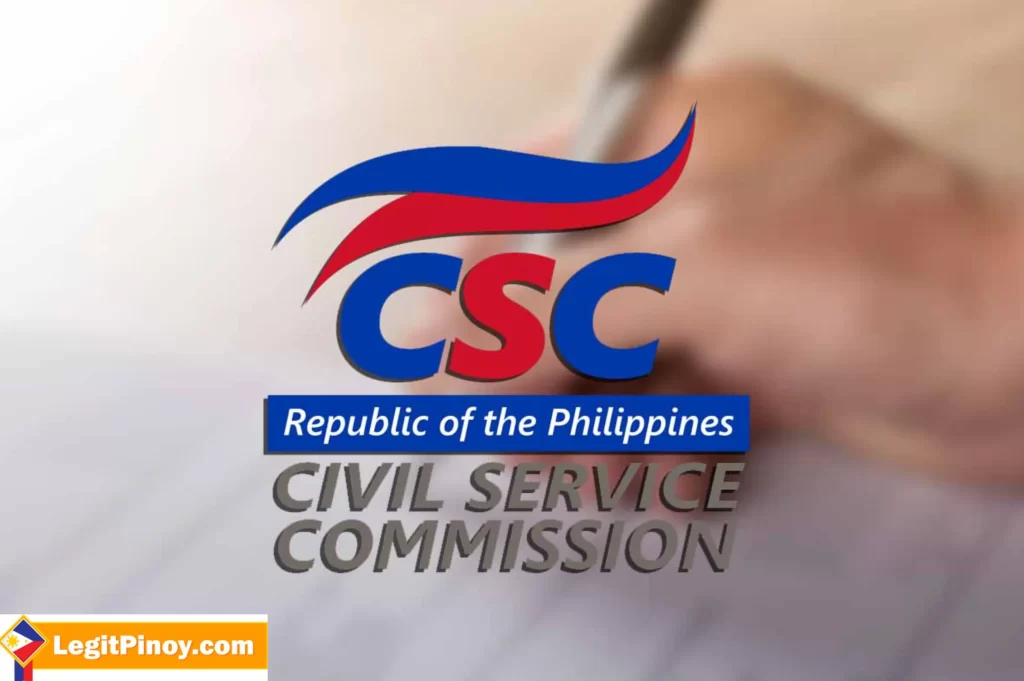
Prepare for the Civil Service exam with expert tips, practice tests, and study guides. Ace your career with our comprehensive resources.
Table of Contents
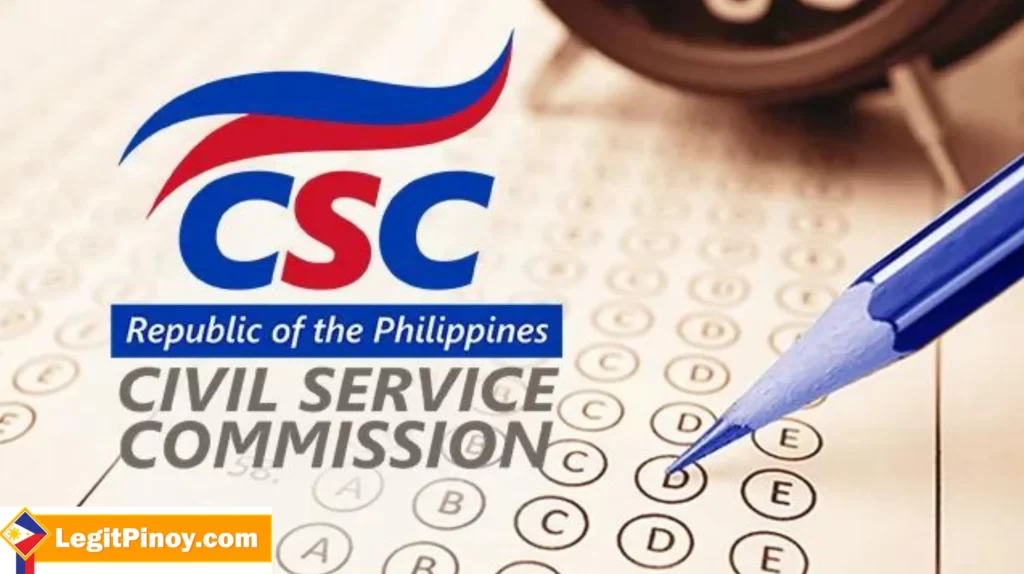
Introduction
Civil service exams are a crucial gateway to government employment, testing applicants on a wide range of topics such as general knowledge, reasoning, and specific job-related skills. These exams vary by country and level of government, but they generally aim to assess candidates’ suitability for various roles in the civil service.
Civil service exams are often highly competitive, with many applicants vying for a limited number of positions. Success in these exams can lead to stable and prestigious careers in government, offering opportunities for professional growth and job security.
In addition to testing knowledge and skills, civil service exams can also play a role in promoting fairness and transparency in government hiring processes. By establishing a merit-based system for selecting candidates, exams help ensure that positions are filled based on qualifications rather than favoritism or nepotism.
Civil service exams are a cornerstone of effective government administration, helping to ensure that public servants are competent, knowledgeable, and dedicated to serving the public interest.
ADVERTISEMENT

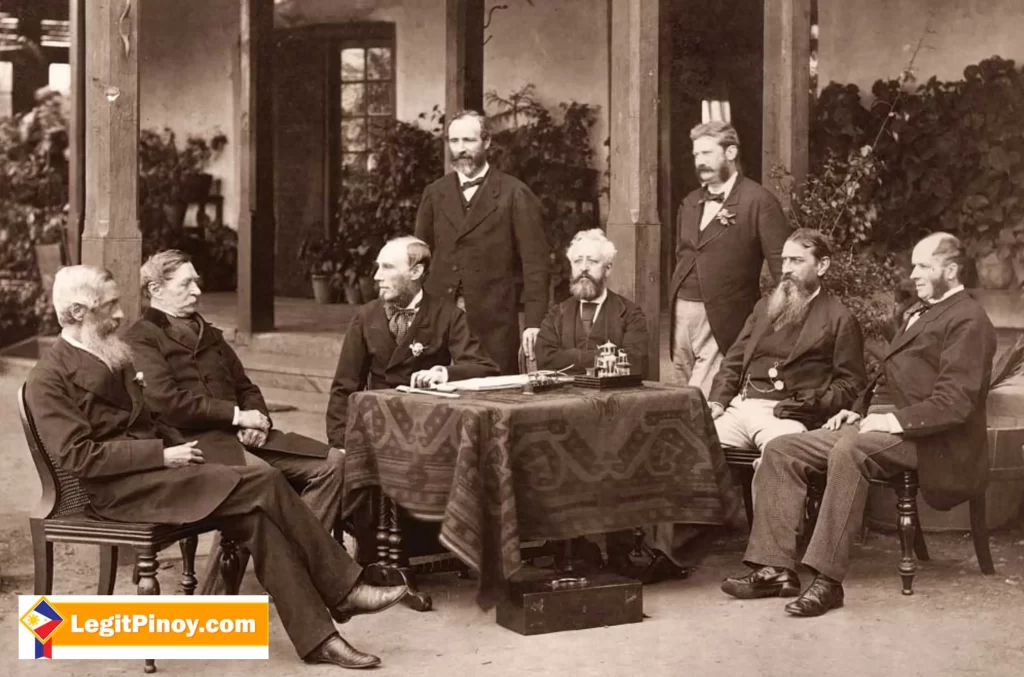
History
The civil service has a rich history that dates back centuries and has evolved significantly over time. Here is a brief overview of its origins, development, key milestones, and reforms:
Origins and Development:
- The concept of a civil service can be traced back to ancient civilizations such as China, India, and Rome, where bureaucratic systems were developed to administer government affairs.
- In the United Kingdom, the modern service began to take shape in the 19th century with the establishment of the Northcote-Trevelyan Report in 1854. This report recommended the implementation of a merit-based system for recruitment and promotion.
- In the United States, the system was formalized with the passage of the Pendleton Civil Service Reform Act in 1883, which aimed to end the spoils system and establish a merit-based system for federal employment.
Key Milestones and Reforms:
- The Merit System Principles, established by executive order in 1978, form the foundation of the modern service in the United States. These principles include recruitment based on merit, fair treatment of applicants and employees, and protection of employee rights.
- In the United Kingdom, the Fulton Report in 1968 recommended significant reforms to the service, including the creation of a unified and the introduction of performance appraisal systems.
- In recent years, many countries have undertaken reforms to modernize their service systems, including the use of technology to improve efficiency and transparency, and the adoption of performance-based management systems.
Conclusion:
The civil service plays a crucial role in the functioning of governments around the world. From its origins in ancient civilizations to its modern-day form, the civil service has undergone significant changes and reforms to adapt to the evolving needs of society. Through merit-based recruitment and promotion, as well as the implementation of modern management practices, continues to serve as a cornerstone of effective governance.
ADVERTISEMENT

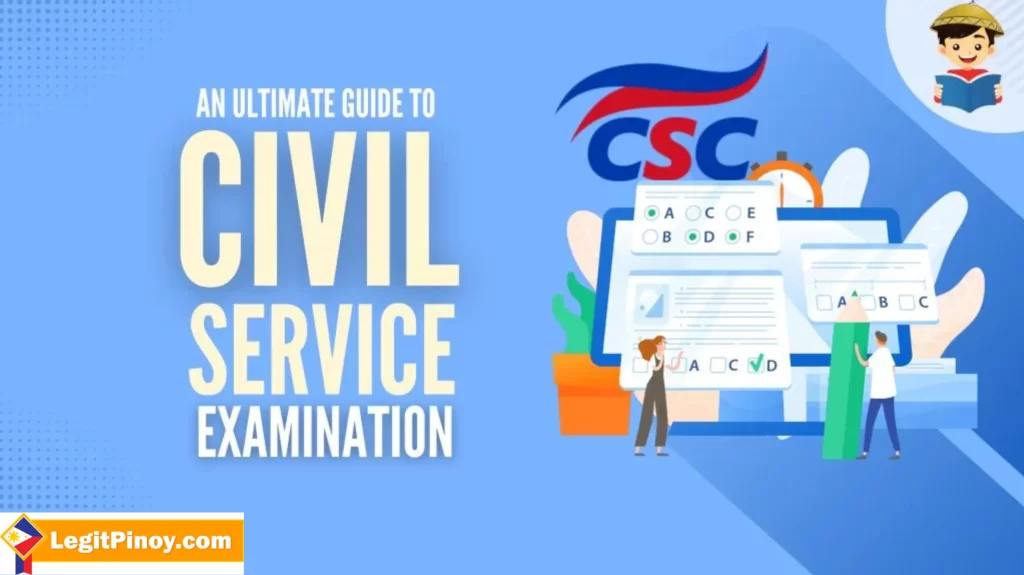
Types of Civil Service Exams
Civil service exams are standardized tests used to assess the aptitude and skills of individuals seeking government employment. These exams vary depending on the level of government (federal, state, or local) and the specific job requirements. Here’s an overview of the types of service exams and their eligibility criteria:
Federal Exams:
- Types: The federal government uses the USAJOBS website to advertise job openings and may require applicants to take exams such as the General Schedule (GS) Exam, which assesses general abilities, or specific exams for specialized positions.
- Eligibility: Eligibility criteria vary by position but often require U.S. citizenship, passing a background check, and meeting education or experience requirements outlined in the job announcement.
State Exams:
- Types: States may have their own exams, such as the California Civil Service Exam or the New York State Civil Service Exam, which assess applicants for state government jobs.
- Eligibility: Eligibility criteria vary by state but often require U.S. citizenship or legal residency, meeting state residency requirements, and passing a background check.
Local Exams:
- Types: Cities and counties may also require service exams for certain positions, such as police officers, firefighters, and administrative roles.
- Eligibility: Eligibility criteria vary by locality but often require U.S. citizenship or legal residency, meeting local residency requirements, and passing a background check.
Eligibility Criteria:
- Common eligibility criteria for civil service exams may include:
- U.S. citizenship or legal residency.
- Minimum age requirements (usually 18 or 21 years old).
- Education requirements (e.g., high school diploma, bachelor’s degree).
- Experience requirements (e.g., related work experience).
- Physical and medical fitness requirements.
- Passing a background check and drug test.
Exam Formats:
- Civil service exams may be written, oral, or computer-based, depending on the position and the administering government entity.
- The exams may test a variety of skills and abilities, including verbal reasoning, numerical reasoning, writing skills, and job-related knowledge.
Preparation:
- Candidates can prepare for service exams by studying relevant materials, taking practice tests, and familiarizing themselves with the format and content of the exam.
- Some government agencies offer study guides or resources to help candidates prepare for service exams.
It’s important for applicants to carefully review the eligibility criteria and exam requirements for the specific service exam they plan to take, as these can vary significantly between different government entities and positions.
Preparation for Civil Service Exams
Preparing for Civil Service exams can be challenging but with the right approach and resources, you can improve your chances of success. Here are some tips and resources to help you prepare:
- Understand the Exam Pattern: Familiarize yourself with the exam pattern, including the number of papers, subjects, and marking scheme.
- Create a Study Schedule: Plan your study schedule based on the syllabus and allocate time for each subject or topic.
- Study Material: Use standard textbooks, reference books, and online resources recommended for Service exams.
- Current Affairs: Stay updated with current affairs, especially issues related to national and international importance.
- Mock Tests: Take regular mock tests to assess your preparation level and improve time management skills.
- Revision: Regularly revise the topics you have studied to retain information better.
- Previous Year Papers: Solve previous year papers to understand the exam pattern and types of questions asked.
- Join a Coaching Institute: Consider joining a coaching institute for guidance and structured preparation.
- Online Resources: Use online platforms offering study materials, quizzes, and mock tests for Service exams.
- Stay Healthy: Maintain a healthy lifestyle with proper diet, exercise, and sufficient sleep to stay focused and productive.
Remember, consistency and dedication are key to cracking Service exams. Good luck with your preparation!
ADVERTISEMENT

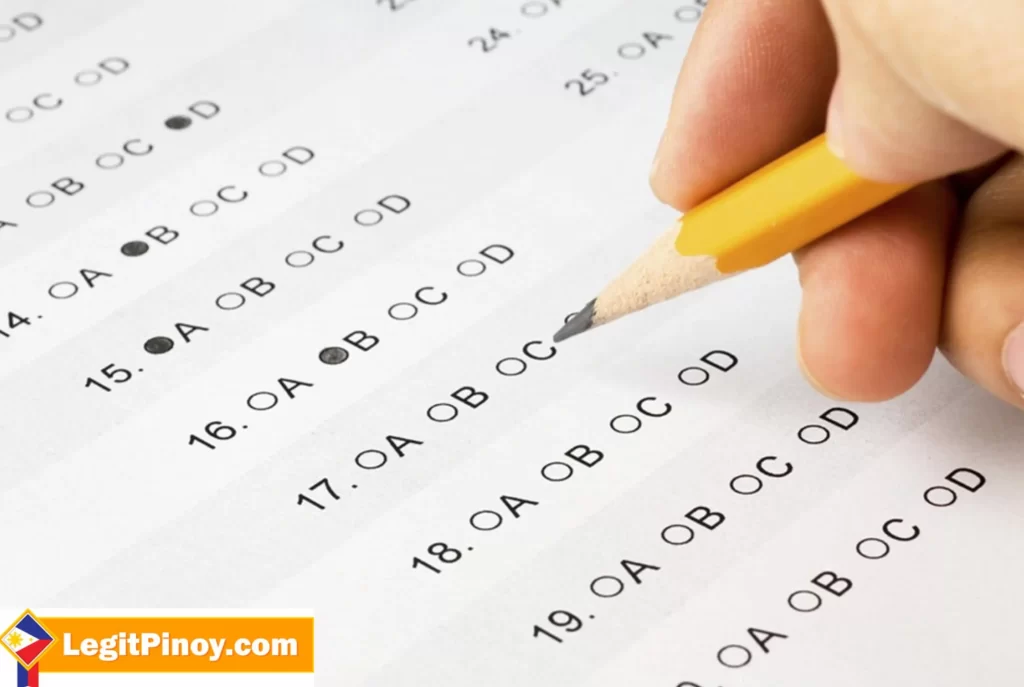
Civil Service Exam Structure
The Civil Service Exam, also known as the Career Service Examination, is conducted by the Civil Service Commission (CSC) in the Philippines to assess the qualifications of individuals applying for government positions. The exam has two levels: the Professional level and the Sub-professional level.
Exam Structure:
- Professional Level: This level is for individuals seeking higher-ranking positions. It consists of two parts, each lasting two hours and 40 minutes:
- General Information: This part tests the candidate’s knowledge of the Philippine Constitution, the Code of Conduct and Ethical Standards for Public Officials and Employees (RA 6713), peace and human rights issues, and other relevant topics.
- Specialized Technical Knowledge: This part assesses the candidate’s knowledge of specific areas relevant to the position being applied for.
- Sub-professional Level: This level is for individuals applying for clerical positions. It also consists of two parts, each lasting two hours and 20 minutes:
- General Information: Similar to the Professional level, this part tests the candidate’s knowledge of the Philippine Constitution, the Code of Conduct and Ethical Standards for Public Officials and Employees (RA 6713), and other relevant topics.
- Numerical Ability: This part assesses the candidate’s ability to solve numerical problems.
Sections and Formats:
- Multiple-Choice Questions: The exam consists mostly of multiple-choice questions, where the candidate selects the correct answer from several options.
- Essay or Descriptive Type Questions: In some cases, there may be essay or descriptive type questions that require the candidate to write a coherent and well-organized response.
Scoring and Passing Criteria:
- The exam is scored based on the number of correct answers.
- To pass the exam, a candidate must obtain a general rating of at least 80.00.
- The exam results are usually released within 60 days after the exam date.
- Successful examinees are eligible for certification, which is one of the requirements for employment in the government.
Preparing for the Civil Service Exam requires thorough study of relevant topics, including the Philippine Constitution, current events, and other subjects specified by the CSC. It’s also essential to practice answering sample questions to familiarize oneself with the exam format and improve time management skills.
Benefits of Civil Service
Here are some key benefits of working in the Civil Service:
- Job Security and Stability: servants often enjoy more job security compared to private sector employees. Service positions are typically more stable, with lower risks of layoffs or job loss.
- Competitive Salaries and Benefits: Service salaries are often competitive, especially at higher grades or with specialized skills. Additionally, servants usually receive benefits such as health insurance, retirement plans, and paid leave.
- Career Development and Advancement: The Service often provides opportunities for career development and advancement. Servants may have access to training programs, promotions based on merit, and the chance to take on new challenges and responsibilities.
- Work-Life Balance: Many Civil Service roles offer a good work-life balance, with regular working hours and generous leave allowances. This can be particularly appealing to those seeking stability and predictability in their work schedules.
- Pension and Retirement Benefits: Servants typically have access to pension schemes or retirement benefits, providing financial security in retirement.
- Opportunities for Public Service and Impact: Working in the Service provides an opportunity to make a positive impact on society. Servants often contribute to the development and implementation of public policies and programs that benefit the community.
Civil Service offers a range of benefits that make it an attractive career option for many individuals seeking job security, competitive compensation, and opportunities for personal and professional growth.
ADVERTISEMENT


Challenges of Civil Service
The Civil Service can indeed pose significant challenges, especially due to its competitive nature. The exams are designed to select the best candidates based on their knowledge, skills, and abilities. This can create a high-pressure environment for applicants, leading to stress and anxiety.
One of the primary challenges of the Service is the vast amount of material that candidates need to study. The syllabus is extensive, covering a wide range of topics, from history and geography to current affairs and government policies. This requires candidates to dedicate a considerable amount of time and effort to prepare adequately.
Furthermore, the competition for Service positions is intense. With a large number of applicants vying for a limited number of vacancies, candidates need to perform exceptionally well to stand out. This can increase the pressure on candidates and contribute to the stress of the exam process.
Another challenge is the uncertainty surrounding the exam. The Service exam is known for its unpredictability, with questions often designed to test candidates’ analytical skills and problem-solving abilities. This can make it difficult for candidates to prepare effectively and add to the overall stress of the exam.
Overall, the challenges of the Civil Service, including its competitive nature, pressure, and stress, require candidates to be well-prepared, resilient, and able to perform under pressure to succeed.
Success Stories
Certainly! Civil service success stories can be inspiring and showcase the impact individuals can make in government and public service. Here are a few notable examples:
- Abraham Lincoln: Before becoming the 16th President of the United States, Lincoln had a long career in public service. He served in the Illinois State Legislature and the U.S. House of Representatives, honing his skills in governance and leadership.
- Franklin D. Roosevelt: FDR began his career in public service as a New York State Senator and later served as Assistant Secretary of the Navy. His experience in government prepared him for his historic tenure as President during the Great Depression and World War II.
- Indira Gandhi: As the first and, to date, the only female Prime Minister of India, Gandhi played a crucial role in shaping the country’s political landscape. Her tenure saw significant advancements in social and economic policies.
- Lee Kuan Yew: The founding Prime Minister of Singapore, Lee Kuan Yew transformed the nation from a third-world country into a prosperous modern state. His visionary leadership and effective governance are credited with Singapore’s rapid development.
- Angela Merkel: Merkel, a trained physicist, rose to prominence in German politics and became the first female Chancellor of Germany. Throughout her tenure, she navigated complex challenges such as the European financial crisis and the refugee crisis with pragmatism and leadership.
- Nelson Mandela: Mandela’s journey from prisoner to president is one of the most iconic success stories in service. As the first black president of South Africa, he led the nation through the end of apartheid and worked towards reconciliation and unity.
- Ellen Johnson Sirleaf: Serving as the President of Liberia from 2006 to 2018, Sirleaf became Africa’s first elected female head of state. She was awarded the Nobel Peace Prize for her efforts to promote peace, democracy, and gender equality.
These individuals demonstrate the diverse paths one can take in service and the profound impact they can have on society and governance. Their stories serve as inspiration for aspiring public servants worldwide.

Conclusion
The Civil Service exams are a challenging yet rewarding opportunity for individuals looking to serve their country through government service. These exams test not only your knowledge but also your dedication, perseverance, and problem-solving skills.
Recap of Key Points:
- The Civil Service exams are conducted to recruit candidates for various government positions.
- There are three levels of exams: Preliminary, Mains, and Interview.
- Preparation is key, and candidates should focus on the syllabus, current affairs, and practice papers.
- Time management is crucial during the exam, so practice with mock tests.
- Stay updated with current affairs and government policies.
Encouragement for Aspirants:
To all the aspirants, remember that success in the Civil Service exams is not just about intelligence but also about hard work and determination. Stay focused on your goals, keep a positive attitude, and believe in yourself. With the right preparation and dedication, you can achieve your dream of serving your country. All the best!
ADVERTISEMENT

Frequently Asked Questions
What is a Civil Service exam?
A Civil Service exam is a standardized test that assesses a person’s abilities, knowledge, and skills required for various government jobs.
Who administers Civil Service exams?
Civil Service exams are typically administered by government agencies or departments responsible for hiring employees for civil service positions.
What types of Civil Service exams are there?
There are different types of Civil Service exams, including general aptitude tests, job-specific exams, and exams for specific professions or fields.
How can I prepare for a Civil Service exam?
Preparation for a Civil Service exam typically involves studying relevant materials, such as textbooks, practice exams, and online resources. It’s also helpful to familiarize yourself with the format and content of the exam.
Are there any study tips for Civil Service exams?
Some study tips for Civil Service exams include creating a study schedule, focusing on areas where you need improvement, and practicing with sample questions.
What are the benefits of passing a Civil Service exam?
Passing a Civil Service exam can qualify you for various government jobs, provide job security, and offer opportunities for career advancement.
How often are Civil Service exams offered?
The frequency of Civil Service exams varies depending on the government agency or department. Some exams are offered annually, while others may be offered more frequently.
How long are Civil Service exam scores valid?
The validity period of Civil Service exam scores varies depending on the government agency or department. Scores may be valid for one to three years.
What happens if I fail a Civil Service exam?
If you fail a Civil Service exam, you may be able to retake the exam after a waiting period. It’s important to review your performance and identify areas for improvement before retaking the exam.
Are there any resources available to help me prepare for a Civil Service exam?
Yes, there are many resources available to help you prepare for a Civil Service exam, including study guides, practice exams, and online courses. You can also seek advice from people who have successfully passed the exam.
Recommended
Interesting Articles You might also like
- Bucks Vs Pacers
- NAIA Terminal Fire 3
- 76ers-vs-knicks
- The princess Diaries 3
- One Piece Season 2
- Labour Day
- orange-and-lemons-vs-francine-diaz
- Bucks Vs Pavers Games 6
- Hermilando Mandanas
- cebu-pacific

Bea Kristine, she’s a passionate writer with a keen interest in online casinos and gaming. She strives to create compelling and informative content for readers interested in the online gaming industry. Her goal is to provide valuable insights and engaging stories that resonate with her audience, helping them make informed decisions and enhance their gaming experience.
